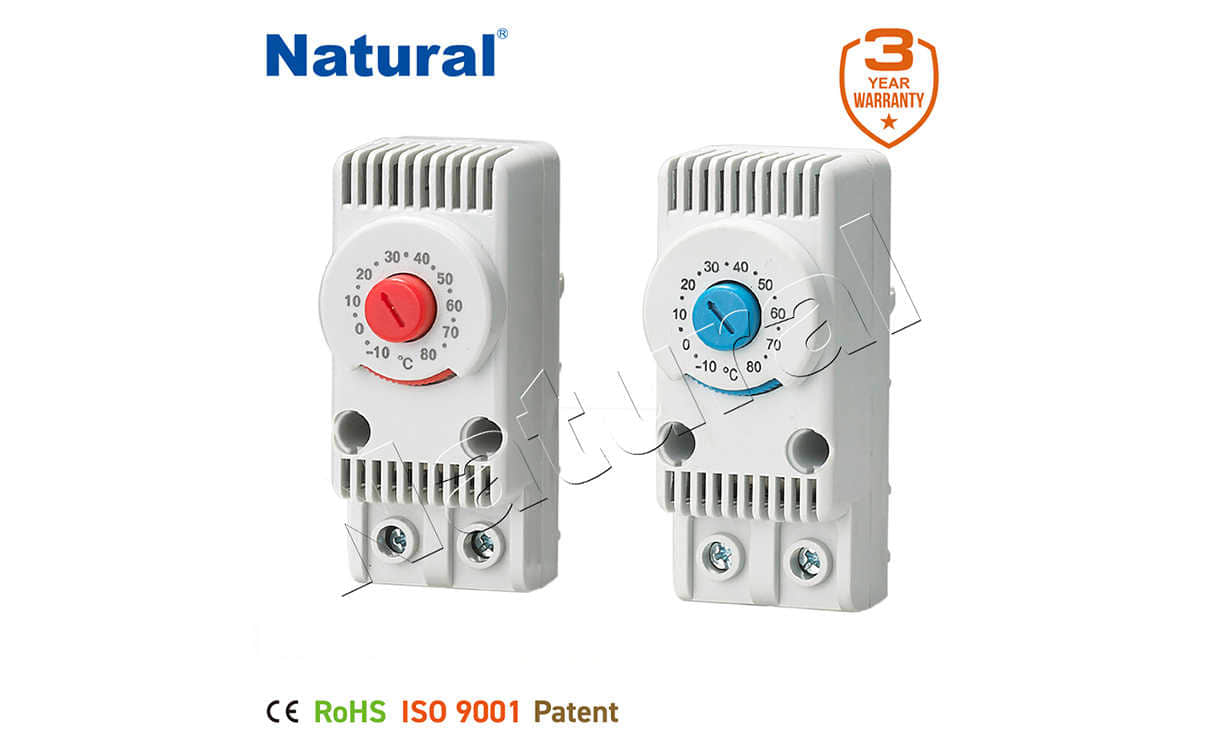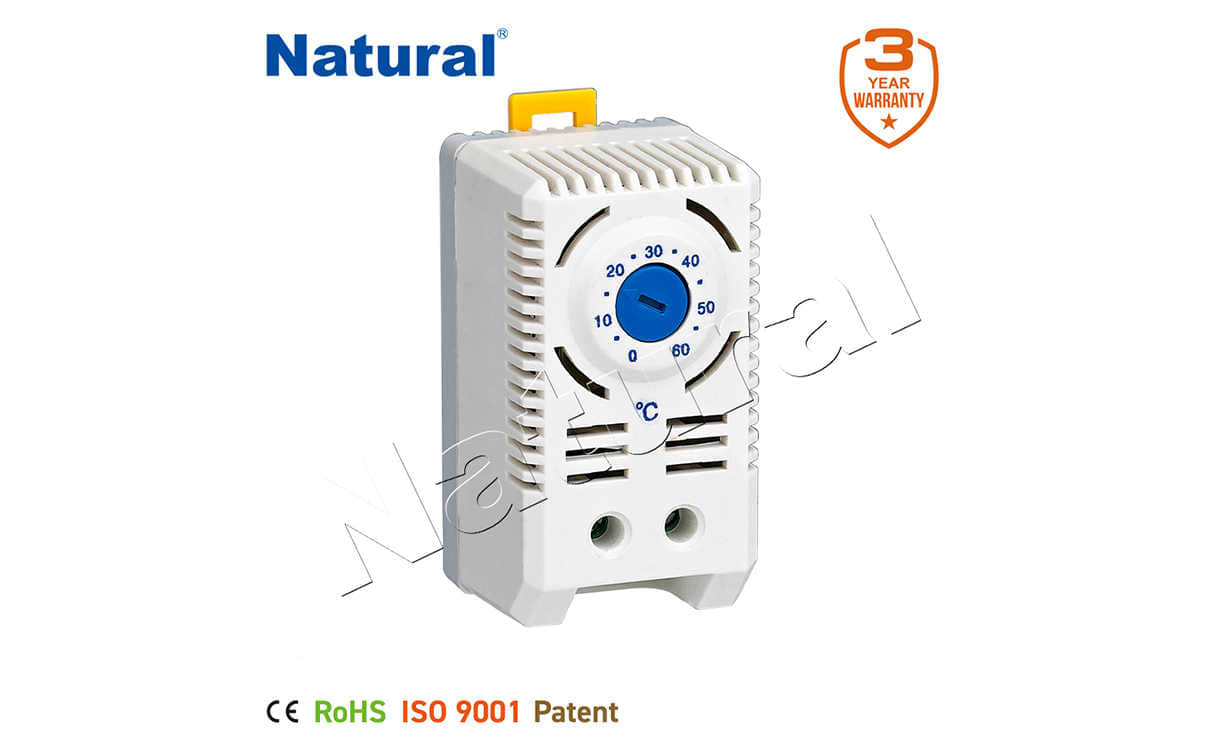the role of industrial thermostats in modern manufacturing
Release time:2025-04-10 08:01:35

An industrial thermostat is a device designed to monitor and regulate temperature within a specific range. It operates by sensing temperature fluctuations and making adjustments to heating or cooling systems. This control mechanism helps to maintain a consistent environment that can prevent machinery from overheating, protect sensitive equipment, and ensure the quality of the final product. Industrial thermostats are found in a wide range of applications, such as HVAC systems, refrigeration units, ovens, and even temperature-sensitive storage facilities.
One of the key advantages of industrial thermostats is their ability to prevent temperature extremes. Overheating or freezing in a factory setting can result in damaged equipment, halted production lines, or spoiled materials. For example, in the food industry, precise temperature control is vital for preserving the freshness and safety of products. A thermostat helps maintain the correct environment for storage and production processes, thus reducing spoilage and wastage. Similarly, in industries that require high-precision processes, such as semiconductor manufacturing, temperature control is critical to ensure that materials are processed within specific thermal conditions.


 28 items Patent
28 items Patent
 28 items Patent
28 items Patent
 28 items Patent
28 items Patent










